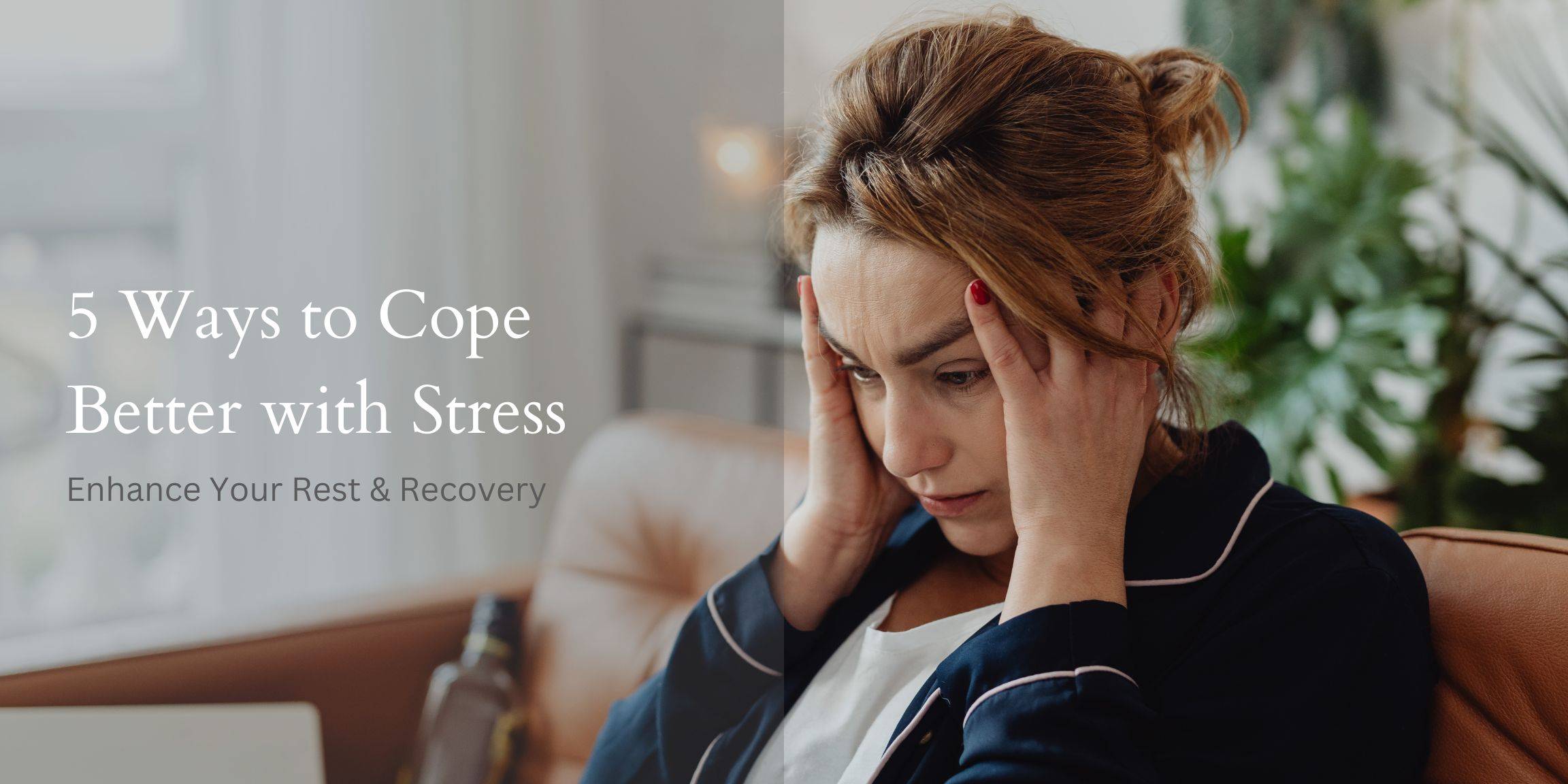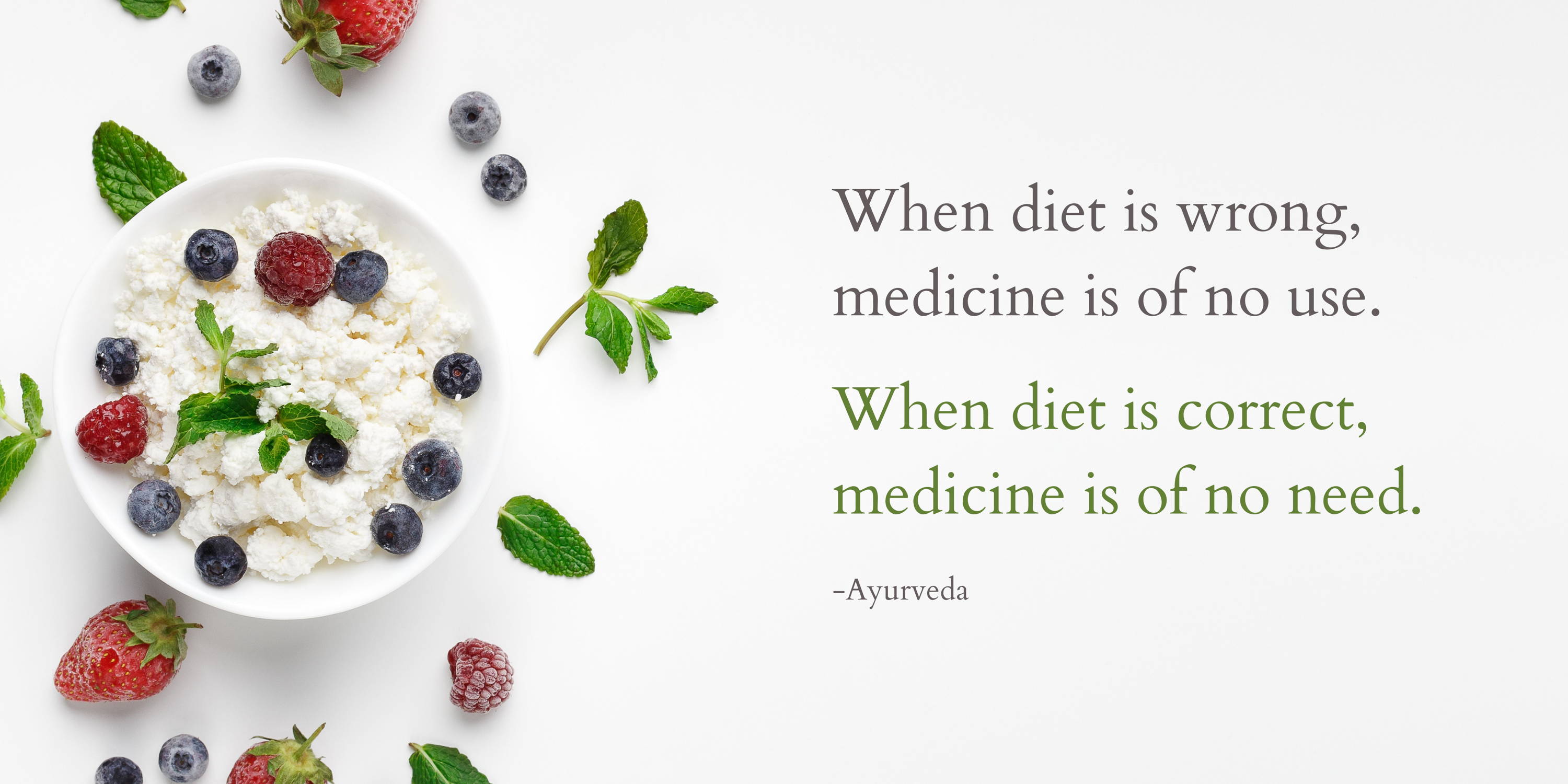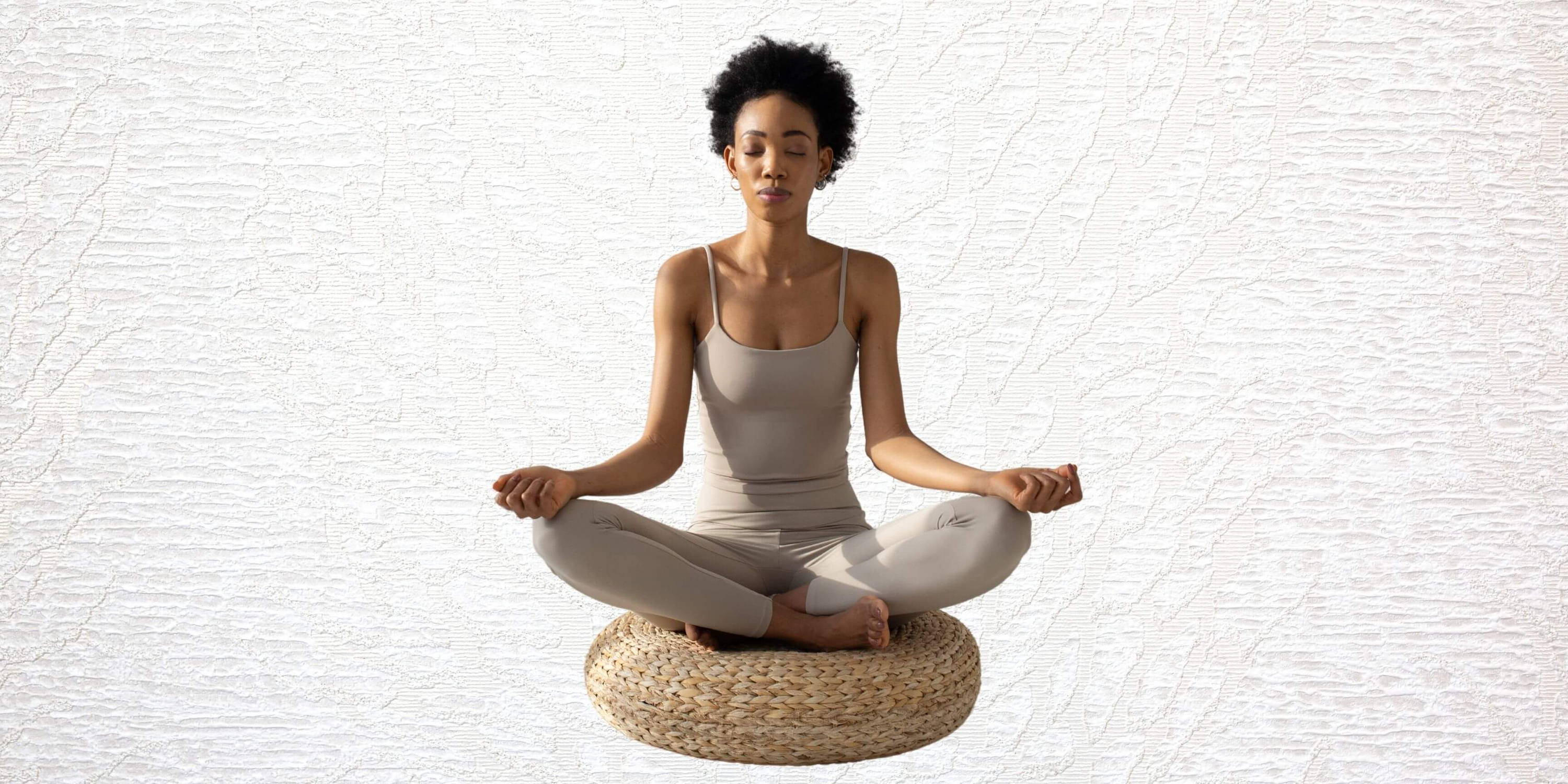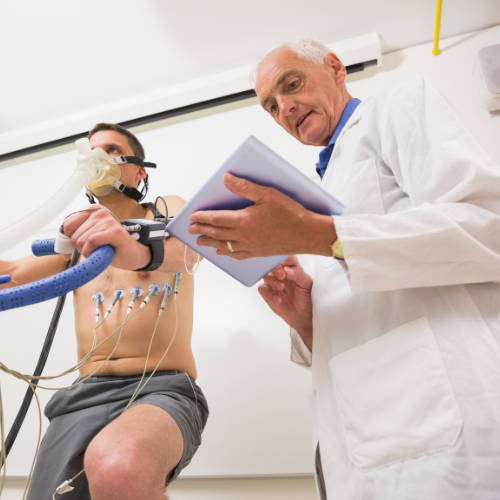5 Best Approaches for De-stressing and Better Longevity
5 Approaches for De-stressing and Better Longevity
Stress getting to you? De-stress your way out of distress with these approaches.

You would’ve probably heard of the Ying-Yang concept that represents the complex interconnection and dynamic harmony of two opposite phenomena. In a similar way, stress and rest are connected, and their balance makes a perfect growth equation.
In order to grow, you need to push and challenge yourself. Even so, you also need to relax and give yourself some time for recovery. Generally, most adults excel at managing stress but fail to remember and make time to recuperate from stress with rest and recovery. If you’re one among them, read on to learn five approaches for incorporating sufficient rest and recovery into your life.
It is not stress that kills us;
It is our reaction to it.
Hans Selye
What is Hard on the Heart:
Physiological or Psychological Stress?
If you guessed “psychological stress,” you got that right.
While physical stress can take a toll on your wellness, psychological stress is much more taxing and even more enfeebling in the long run.
Do you think stress is a modern phenomenon and life was better in the past?
Then you’re wrong.
Stress was a common occurrence in the pre-modern period too. Our ancestors were successful in battling the stressors with the fight-or-flight response. This process of releasing the stress hormones such as cortisol and adrenaline is an evolutionary advantage that we received from our ancestors.
You might have said, “I’m so stressed out” multiple times in your life.
If you were given an opportunity to explain the feeling stressed, you would perhaps mention mental stress and burnout as the most common symptoms. The inability to take either a psychological or a physical break from chronic stressors is the major reason behind this burnout and exhaustion.
We human beings are experts in stress management and problem-solving. In other words, stress response and stress removal are our inherent abilities. However, our life has become more intricate, and many life circumstances don’t have simple solutions. This can make us vulnerable to acute or chronic stress over the course of our lives.
Usually, people comprehend stress as something that causes distress. Despite this, stress cannot always be considered as detrimental as increased stress intermittently improves productivity. Embracing this type of healthy stress is important to analyze the difference between eustress (or good stress) and distress.
Stress can be constructive, keeping us attentive, stimulated, and equipped to circumvent threats and risks. However, stress can be a hurdle when stressors persist without relief and periods of composure.
Any sort of stress that lasts for longer periods is considered to be chronic stress. Stress management is critical to avoid health issues linked with prolonged stress.

Picture courtesy : https://www.stress.org/daily-life
What if Chronic Stress is Left Unchecked?
If left unchecked, chronic stress can negatively impact your physiological, emotional, cognitive, and behavioral health.
Studies suggest the interconnection between stress and your sleeping patterns, exercise routine, and nutritional habits and the effects of these in the long term including accelerated aging and lower life expectancy. The impact of stress on your life is closely knitted to the interconnection between the body and mind.
Worrying about a relationship, financial issues, or other problems related to living situations can evoke physical health issues.
The converse is true as well.
Health issues like diabetes and elevated blood pressure levels can affect stress levels as well as psychological and emotional well-being. Your body reacts in accordance with the high levels of stress in the brain. Burnout, anxiety disorders, and depression are some of the aftermaths of chronic stress. Chronic stress has the potential to severely tax your overall wellness by making your autonomic nervous system overactive.
Diabetes, high blood pressure levels, cardiac issues, hyperthyroidism, obesity, hair loss, impairment of sexual health, tooth and gum diseases, ulcers, skin-related problems, depression, and anxiety are some of the stress-influenced conditions.
How to Cope Better with Stress?
Comprehending the nature and meaning of stress is critically significant in establishing a systematic and effective strategy for coping and prevention of stress.
In fact, stress is a dynamic phenomenon that involves a real or imaginary stressor and a stress response.
Any major challenge that impairs normal functioning can be contemplated as a stressor. Stress management focuses on negating or mitigating the amplitude of responses to stressors, whereas prevention of stress concentrates more on the stressors.
Analyzing the stressors and the characteristic responses to them is critical to identify one’s vulnerability to stress.
Coping the stress becomes a successful task only when one perceives and evaluates the stressor or the condition effectively. This perception and evaluation hinge on the person’s personality traits, toughness, life experiences, health conditions, and psychological and physiological resources.
It is also essential to understand the emotional, psychological, and physiological responses in accordance with the stressor. The intensity of reactions from the endocrine and autonomic nervous systems is determined by how the stimulus is perceived.
Incorporating rest and recovery approaches into your day-to-day life is important for managing chronic stress, and thus you can start living to the fullest again.

Kickstart your Calming, De-stressing and Relaxation Process.
Explore our Deepest Calm Program, a comprehensive breathing plan you can integrate into your daily routine
Five Approaches to Enhance Rest & Recovery
Balancing stress-to-rest ratio is important to rediscover the joy of your life. You don’t always need to stress yourself. Sometimes, it is absolutely fine to kick back and relax. It’s all about consistency and being realistic in your commitments. Here are the five de-stressing strategies you can add to your life. Then go ahead, listen to your body and give yourself some rest!
1. Oxygen Enhanced Exercise and Rest
Physical activity enhances your body’s oxygen utilization capacity and blood circulation. These improvements have a direct impact on your brain. When you workout, the brain produces higher endorphin levels. Endorphin is the feel-good neurotransmitter that is responsible for the sense of euphoria you experience post-workout. Being physically active might also aid in distracting you from your worries.
Oxygen Enhanced Exercise is a wonderful de-stressing technique that involves inhaling higher oxygen concentrations while exercising or resting. As you know, Oxygen is indispensable for survival; it helps lower your stress levels. When you’re under stress, your body utilizes oxygen at a rate higher than normal. When your body lacks oxygen, cells start to deteriorate and the brain can’t operate as well. Inhaling higher oxygen concentrations increases the effectiveness and strength in regenerating brain nerve impulses, leading to better nervous system function. Exercise with Oxygen Therapy improves your circulation and in turn, boosts ATP synthesis.
Turbo Oxygen System helps you recalibrate your system and neutralize your stress levels by increasing oxygen levels in the blood, plasma, and even tissues. Just a 15-minute longer workout session with Turbo Oxygen System offers you an instant improvement in strength, endurance, and vitality and also provides a reprieve from stress.
2. Unlearn and Relearn to Breathe
Have you ever observed you breathe faster when you are nervous or afraid? But, conversely, when you’re relaxed, do you find yourself breathing at a slower rate? Well, that’s not mere happenstance.
When you breathe at a respiratory rate of 12-20 per minute, which is considered normal, your body retains its oxygen-carbon dioxide balance (Source:cdc.gov). However, when anxiety and fear set in, your breathing becomes inconsistent, shallow, and faster, breaking this equilibrium.
Research has shown that the brain links various emotional states with corresponding breathing patterns. So if you’re in distress, try focusing on your breath. Any negative emotion you can breathe through will eventually lose its grip on you.
The Deepest Calm Program included in the Optimal Breathing Mastery Kit is a “comprehensive breathing plan” that helps you de-stress and get out of the slump by integrating mind, body, and soul.
3. Nutrition

It’s a no-brainer that a healthy diet helps you recover from physical stress and various diseases.
But diet is often an overlooked factor in improving resilience to psychological stress. Get a grip on your food choices, and this can make or break your stress levels. Stress and weight gain have an unhealthy connection.
Simply put, stress is fattening. However, understanding which foods to consume and which to avoid—can help you tame your stress.
Each food choice you make can cause inflammation, or it can aid your body in recalibrating and finding the right balance. Studies suggest that the intake of inflammation-causing foods, such as starchy vegetables, refined grains, processed meat, and foods high in added sugars, can contribute to higher stress levels.
Meanwhile, consuming apples, avocados, berries, nuts, tomatoes, leafy greens, and poultry can attenuate the inflammation in your body and reduce the stress levels in the cells throughout your body.
4. Mindfulness and Meditation

Finding it difficult to connect with the present moment?
Mindfulness is the quality of being completely aware of what’s happening inside and around you at present. This doesn’t mean living your life on “autopilot” mode. It’s all about experiencing and enjoying each moment, either good or bad, without any sort of judgments or presumptions.
As we struggle with the lack of ability to figure out what the future has in store for us, mindfulness meditation can assist us in attaining a tad bit of the essential sense of calm. At present, the terms mindfulness and meditation are used interchangeably, which can be quite confusing. Mindfulness allows you to notice what’s happening externally to your body, whereas meditation is the practice of observing your inner self. Meditation is supported and enhanced by mindfulness. At the same time, meditation fosters and augments mindfulness.
The American Psychological Association defines meditation as “profound and extended contemplation or reflection in order to achieve focused attention or an otherwise altered state of consciousness and to gain insight into oneself and the world.”
The positive impacts of meditation are profound: enhanced awareness, focus, coherence, solicitude, and tranquility, just to name a few. While it’s appreciable that many people are trying to follow meditation practices, the fact is that many of them will stop trying before giving it sufficient time to work.
Attaining control over your breath can eventually help you master your mind. In light of this, integrating breathing exercises with meditation can offer profound outcomes for improving mindfulness, enhancing concentration, and curbing anxiety and stress. Optimal Meditation Enhancement Program is a self-help program that helps you connect with your inner universe so that you get an opportunity to recover your mind and body simultaneously.
When the meditation response is activated through breathing:
Your heartbeat slows down
Breathing becomes deeper
Blood pressure stabilizes
Muscles relax
Increase in blood flow to the brain
5. Digital Detox

Unplugging yourself from this hyperconnected world by reducing screen time (digital detox, in short) can definitely help you get a good night’s sleep- a vital factor of rest and recovery. Taking frequent breaks from technology and screen exposure can make you relax and feel content. Here are the five benefits of digital detox or technology timeout:
Enhanced concentration
During the period of digital detox, you may have lesser distractions and can concentrate much better on your tasks.
Reduced Stress
Overwhelming information and sensationalism can be stressful for many. Reducing digital distractions can calm down your mind and allow you to focus on yourself.
Increased Productivity
Do you find yourself less productive than usual? It's possible that your gadgets are holding you back. Kicking-off a digital detox could be a key to unlocking your full potential while spending less time tethered to technology.
Better Health
It’s a no-brainer that refraining from using technology improves your mental health? But what about your physical wellness? A tech-free period will give your body a break from the sedentary behavior, eye strain, bad back, and text neck associated with prolonged screen time.
Rather than trying for technology timeout straight for a week or month, attempt unplugging as a daily activity. Following digital detox is all about taking control over how you utilize your time and energy and what you have to focus on. The more you know about the benefits of digital detox, the more natural and serene you will feel!

How Good is Your Breathing?
Want to know the future of your health and longevity?
Most Popular Articles

April 12,2021

Feb 10, 2022

Attain satisfactory levels of exercise without aggravating existing heart.
Understand and explore EWOT - Exercise with Oxygen Therapy.
Interviews with Denis
Breathing & Oxygen Articles
- Breathing
- Oxygen
- Mold Could Be in Your Home Right Now. Are You at Risk?
- Beat Work Stress the Right Way
- Bad Breathing Causes Asthma- Here's What to Do!
- Optimal Breathing, Autism & Brain Development
- Why Breathe Better? Bad Breathing Makes You sick or Sicker. Learn To Breathe Better Now
- Cure your Breathing Problems with Breathing Exercises
Meet & Work With Our Practitioners
Get personal help to improve your health
and vitality.
Get expert coaching and guidance from our Optimal Breathing experts.
Whether you are looking to have an Integral Breathwork expert, Voice Coach
or someone who specializes in anxiety or depression, look no further.





